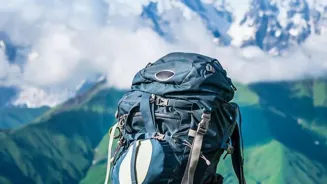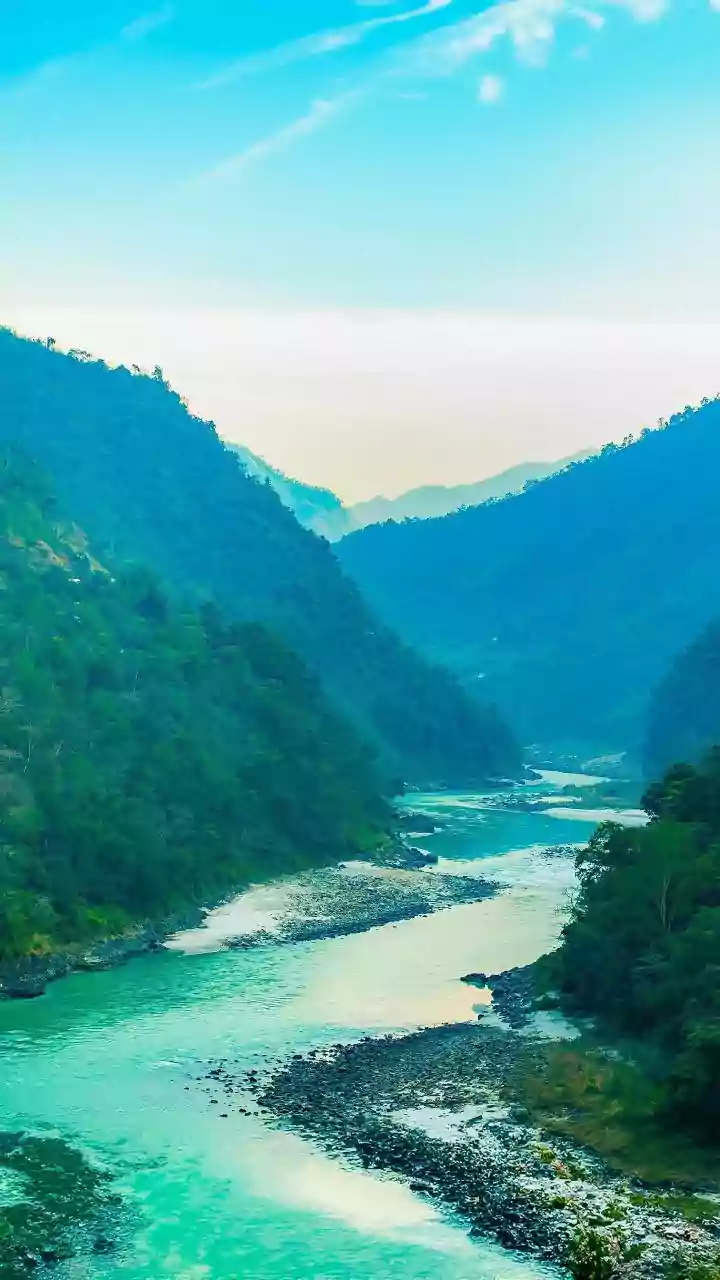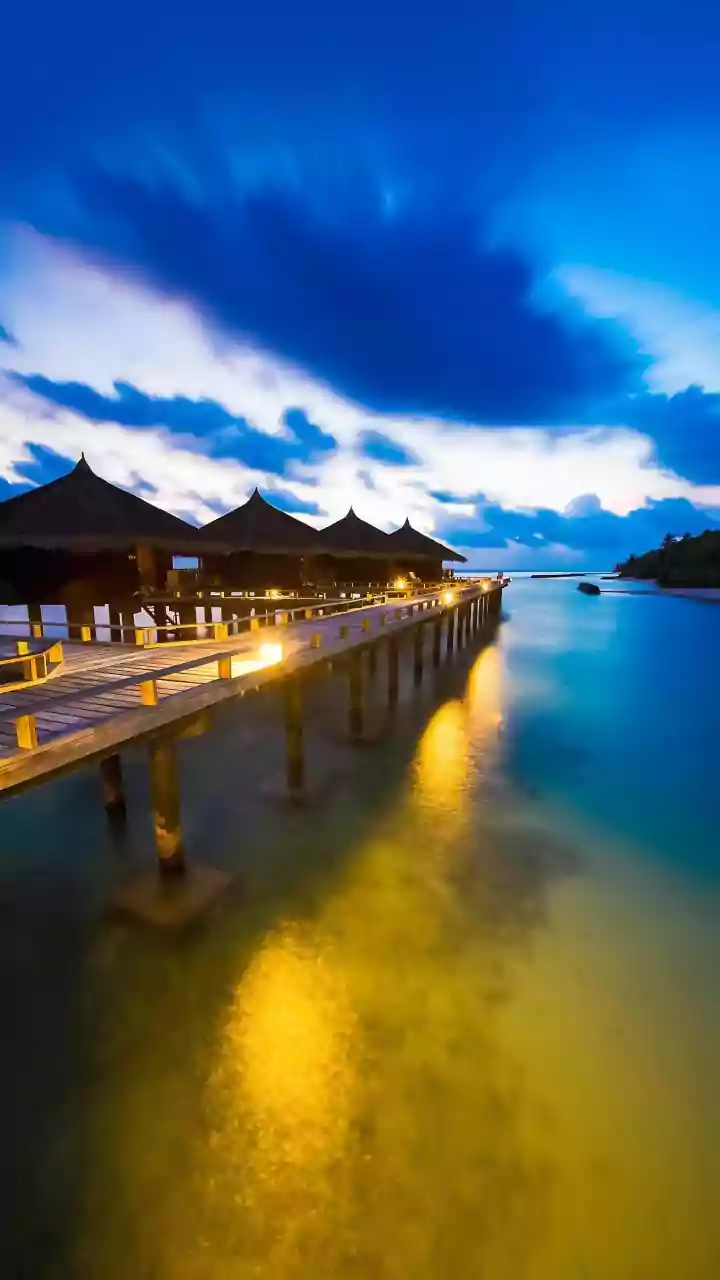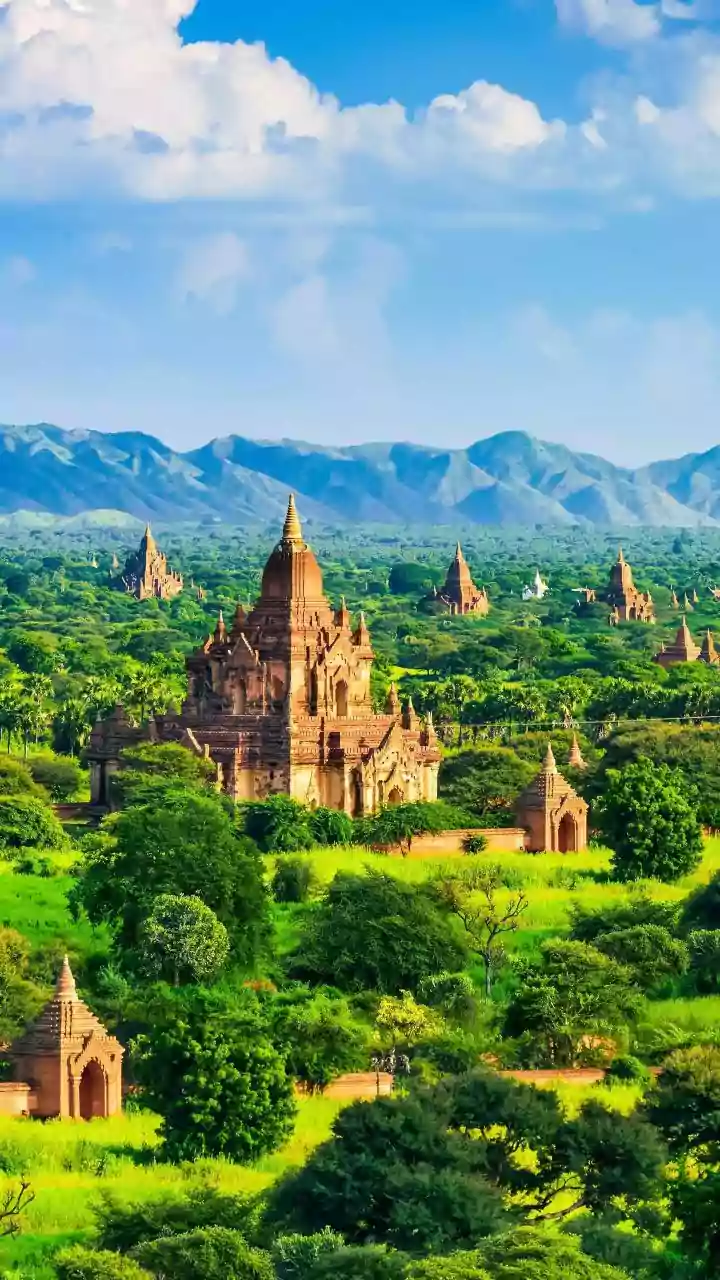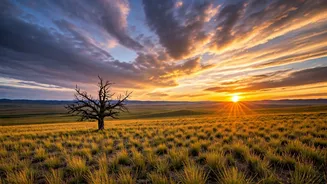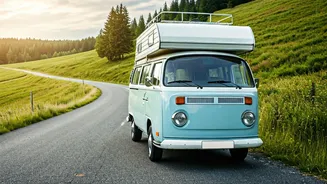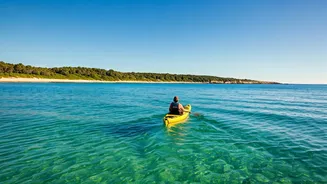Embark on an adventure with our beginner's guide to thrill-seeking travel. Discover tips for a memorable first expedition! Read on
Are you itching to ditch your regular holiday and try something a bit more…
adventurous? Maybe trekking in the Himalayas has always been a dream, or perhaps kayaking down a serene river appeals to your soul.
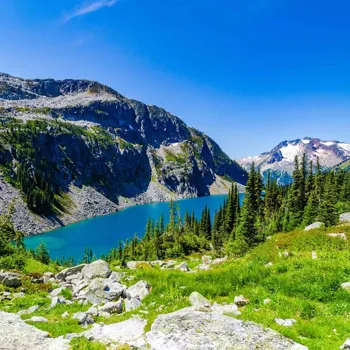
Adventure travel is booming in India, with more and more people seeking experiences that push their boundaries and connect them with nature. But where do you start if you are a complete newbie? Don't worry, we've got you covered.
This guide will give you some amazing tips for planning your first adventure, making sure it's memorable for all the right reasons!
Be realistic about your fitness level for adventure travel
First and foremost, be realistic about your fitness level and experience. Don't jump straight into climbing Everest Base Camp if you've never hiked before! Start small and choose an adventure that matches your current abilities. Think about what kind of activities you enjoy.
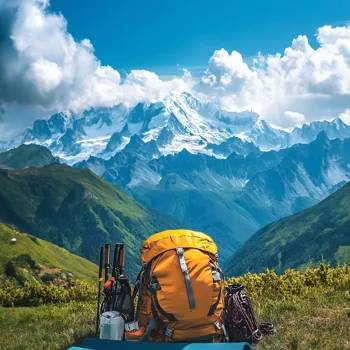
Do you prefer mountains, forests, or water? India has incredible options for every taste. Some beginner-friendly options could include short treks in the Western Ghats, nature walks in national parks, or gentle rafting trips. Once you've picked your activity, research your destination thoroughly.
Look into the weather conditions, terrain, potential hazards, and any necessary permits or permissions. Check reviews and talk to people who have done similar trips. This kind of info gathering is the base you need.
This will help you understand what you are getting into and where the adventure leads you to, which is crucial.
Gear Up Smartly
Packing the Essentials and more importantly, only the Essentials
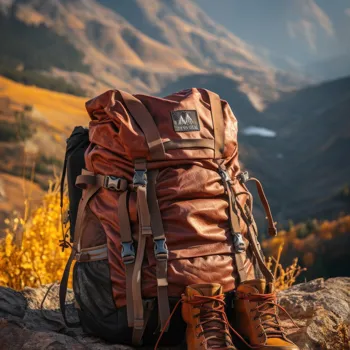
Pack light with essential gear for adventure trips, test before you go
Packing for an adventure trip is a balancing act. You need to bring everything you need to stay safe and comfortable, but you also want to keep your pack as light as possible. Start by making a list of essentials.
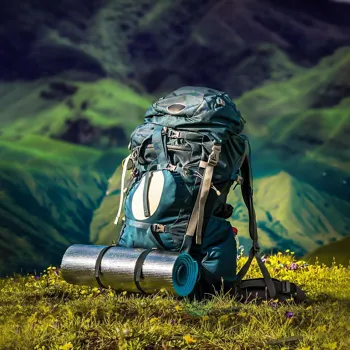
This includes good quality hiking shoes, appropriate clothing for the weather, a first-aid kit, a water bottle or hydration pack, a map and compass (or GPS device), a headlamp or flashlight, sunscreen, insect repellent, and a multi-tool or knife.
Then, consider any activity-specific gear you might need, such as a helmet for cycling or a life jacket for kayaking. Choose lightweight and quick-drying clothing. Pack layers so you can adjust to changing temperatures. Avoid bringing unnecessary items that will just add weight to your pack.
Test out your gear before you go to make your checklist ready. This helps avoid hassle while engaging in any adventure activity. Also bring a portable charger.
Prioritize safety by informing others, carrying emergency gear, learning skills, and staying cautious
Your safety should always be your top priority. Before embarking on any adventure, inform someone about your itinerary and expected return date. Carry a personal locator beacon (PLB) or satellite communicator in case of emergencies, especially if you're venturing into remote areas.
Learn basic first aid and wilderness survival skills. Be aware of your surroundings at all times and pay attention to potential hazards such as wildlife, unstable terrain, and changing weather conditions. Stay hydrated and eat regularly to maintain your energy levels.
If you're trekking, hike at a pace you can sustain and take frequent breaks. Listen to your body and don't push yourself too hard. It is not a competition but a journey, so move accordingly. Never try to wander alone if the area is unsafe. Be careful along water bodies and deep forests.
These will help you enjoy your trip.
Acclimatization and Physical Preparation
Building Stamina Before You Go
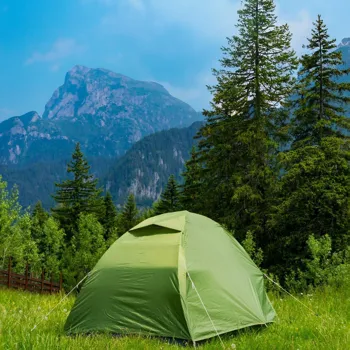
Acclimatization is crucial for high-altitude adventures; exercise beforehand
If your adventure involves high altitude, acclimatization is crucial. Spend a few days at a lower altitude before ascending to allow your body to adjust to the reduced oxygen levels. Drink plenty of water and avoid alcohol and caffeine.
If you experience symptoms of altitude sickness, such as headache, nausea, or dizziness, descend immediately. Even if you're not going to high altitude, it's important to be in good physical shape before your trip.
Start exercising several weeks or months in advance, focusing on cardiovascular fitness and strength training. Include activities like hiking, running, swimming, or cycling in your training regime. Stretch regularly to improve your flexibility and prevent injuries.
A few weeks of consistent strength training and exercising are essential. Even stretching will do fine as a warm up before embarking on your expedition.
Adventure travel must be sustainable and responsible, leaving no trace
Adventure travel should be sustainable and responsible. Always practice "Leave No Trace" principles. This means packing out everything you pack in, staying on marked trails, avoiding disturbing wildlife, and minimizing your impact on the environment.
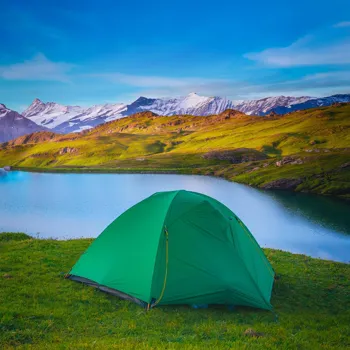
Dispose of waste properly and avoid using single-use plastics. Be respectful of local cultures and customs. Obtain permission before camping on private land. Support local businesses and communities. Many destinations are beautiful but fragile. For eg.
, one must avoid writing on surfaces of mountain rocks, or cutting trees because they could be old and a place to protect different creatures on certain mountains. Leaving no trace would give you peace of mind that you did not impact a positive place there, which is important.
Stay flexible and embrace the unexpected in adventures
No matter how well you plan, things can still go wrong. The weather might change unexpectedly, you might get lost, or you might experience unexpected delays. The key is to be flexible and adaptable. Don't get fixated on sticking to your original plan.
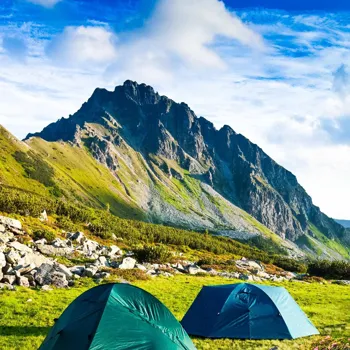
Be prepared to change your route, shorten your trip, or even turn back if necessary. Keep a positive attitude and focus on finding solutions to problems. Remember, the most memorable adventures are often the ones that don't go according to plan.
Be open to new experiences and embrace the unexpected. This is why it is termed as adventure, and do not forget that.
AI Generated Content. Glance/InMobi shall have no liability for the content